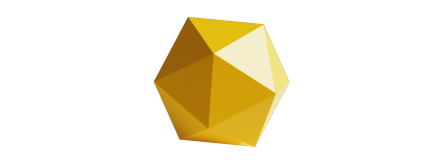Introducing Rook
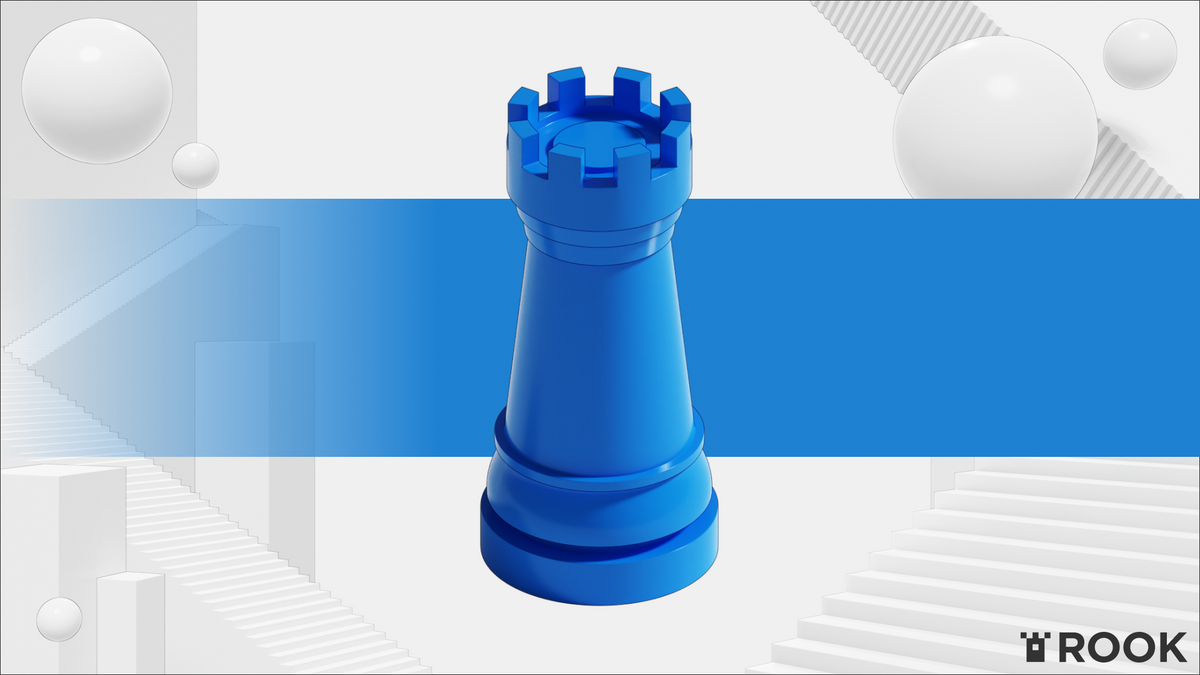
KeeperDAO is no more. We've made it official, and re-named ourselves Rook. It's the name most people were using anyway! Vox populi, vox Dei.
While this is a short mental leap (our governance token was ROOK right from the beginning), it’s not quite so simple a change. But it is a necessary one, and a good chance to pause and introduce our new brand direction, our new app, and of course, our game-changing new protocol.
A New Vision
Our mission at Rook Labs is to make the basic unit of the blockchain — the transaction — safer, cheaper, and more reliable than it is today. Bad transaction settlement costs users and smart contracts hundreds of millions of dollars a year in gas, fees, and MEV. Everybody hates it, and we can turn it around.
Compared to the miners and the searchers, the user is the little guy. The same goes for many smart contracts. They’re just not sophisticated enough to protect against these types of predatory actors. But at the same time, we know that without the users and their transaction flow, these predatory actors can’t survive.
“We want to build products that put the user at the center of the experience. Because it’s really the user that kicks everything off. They are the one making the transaction, driving the value, so it should always be all about the user. That’s the ethos we want to spread. We should always be asking, “what’s good for the user?”, "how is this a win for the user?", because it’s the users that are going to grow the industry.”
– Joey Zacherl, CTO of Rook
We like to describe the Rook Protocol as a Coordination Engine. Coordination is really the heart of the protocol, and what we mean by coordination is that the protocol turns a parasitic relationship into a symbiotic one. It recruits otherwise-predatory actors, and re-shapes their incentives so that they are now behaving in the user’s best interest.
On the blockchain today, users and applications are typically broadcasting their transactions themselves, out into the public network. The Rook Protocol offers an alternative, letting users and smart contracts send transactions through a decentralized, high-performance settlement layer that settles the transaction for them in the most efficient way possible.
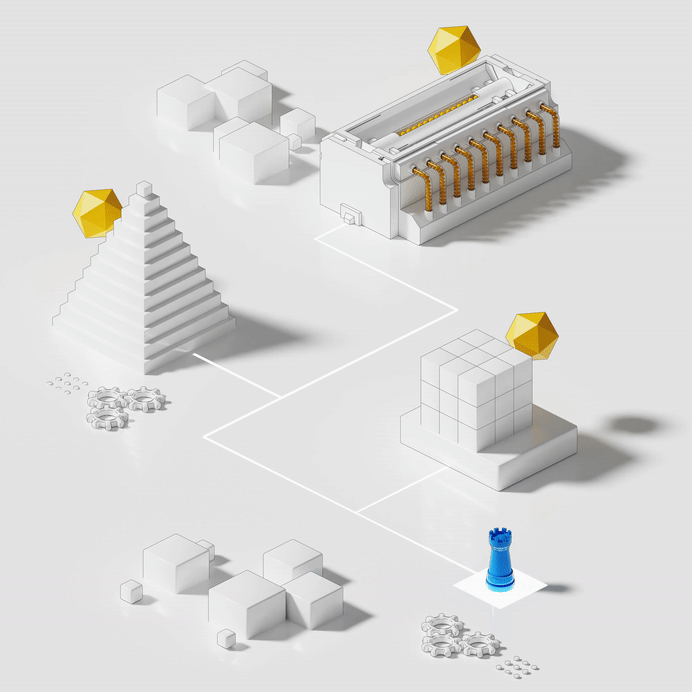
When you send your transaction into the Rook Protocol, it’s going to get packaged into a bundle — a set of transactions that together, generate a profit. This profit is surplus value, above and beyond the value of the individual transactions in the bundle. The protocol uses this new profit to pay off your settlement costs (that's gas, fees, etc.), and share anything that's left over, with you, as a reward for providing your transaction to be settled.
Bundles are proposed by searchers (also known as keepers) — automated bots that can simulate entire blockchains and search through millions of different combinations to discover the perfect bundle, and the perfect way to settle your transaction, and then perform the settlement for you, splitting the extra profit they discover.
The result is powerful. By making a small change in how you settle your transactions, you alter the entire game. Instead of going alone, you’re coordinating with the advanced pieces of automation that used to be your enemy. For the first time, it's all about you, the user. You give them your transactions, they discover a way to boost your profits, keep a little bit as their fee, and give you the rest. That’s new. Now your trades are landing every time. There’s no MEV, there’s no gas, no fees, you’re actually making money just from sending the transactions in.
“When you read about payment for order flow and how traditional markets work, my first thought is that if you're paying anyone, shouldn't you be paying the user? And people will say “oh, well the user gets to trade for free” — but that's misdirection. It’s not free, somebody is making $10 off of that user then turning around and saying “here's $1 for free". Maybe it’s a very DeFi way of thinking but why shouldn't the user be keeping almost all of that value? It's their value to begin with. We built the protocol around that idea.”
– Exeggcute, Sr. Protocol Engineer, Rook
This is how blockchains should work. We think it’s something that everybody should get to experience. This is the settlement layer that DeFi deserves.
A Growing Network
The Rook Protocol thrives on diverse participants all connected and transacting together at the same time. As the number of connected parties and their transaction flows go up, the protocol gets more efficient. More value gets discovered. The network is better secured by its economic incentives.
In other words, the network wants to grow.
Because the Rook Protocol is the first protocol that can tackle general-purpose MEV, it isn’t limited by a specific type of transaction or integration. Transaction logic is computed through the searcher network, which acts as a decentralized abstraction layer, autonomously discovering strategies and optimizing them in a never-ending competition. From the user or protocol perspective, you just plug in and start sending transactions. Everything else is handled for you.
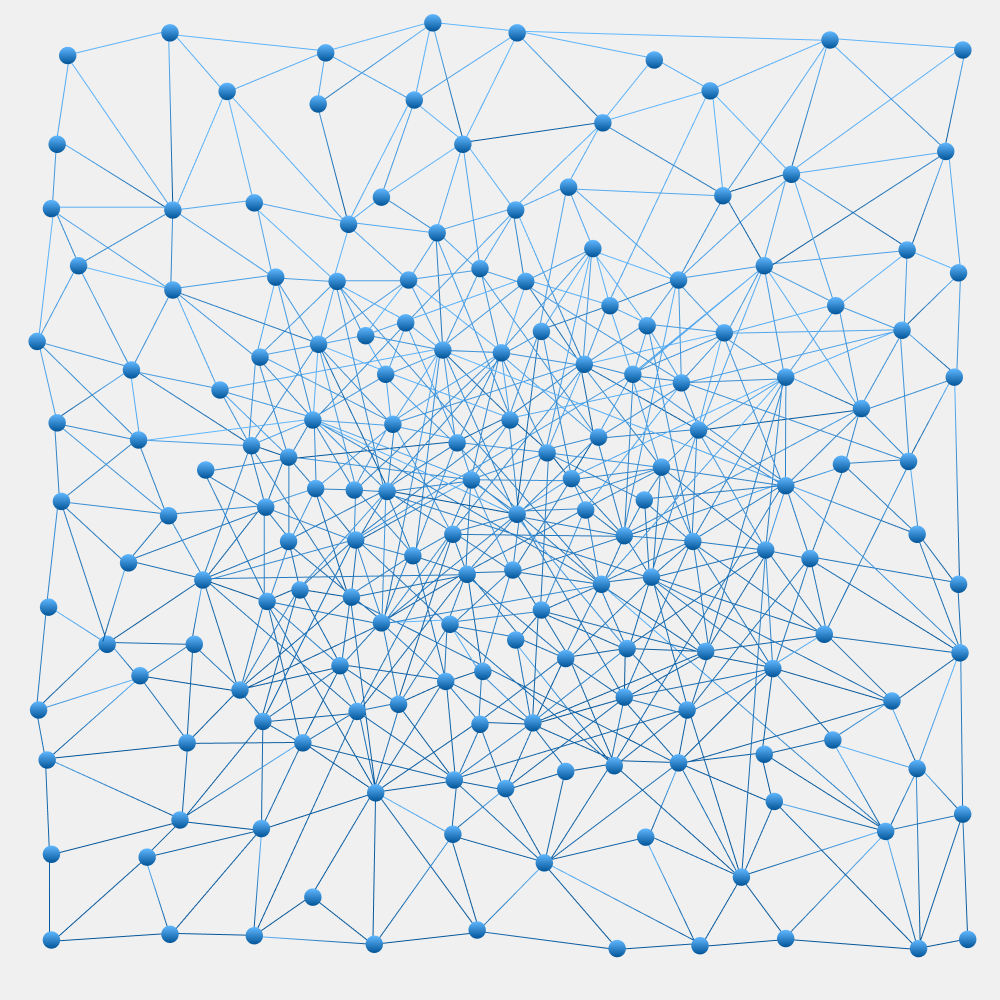
The ability of the Rook Protocol to coordinate has created a unique crossroads in DeFi. Protocols like Bancor, B.Protocol, Gamma Strategies, GMX, mStable, Catalog, and Tally Ho!, are already integrating the Rook protocol into their products. Institutional market makers like Amber Group, Bastion, Cell Capital, and VolleyFire, have integrated the Rook Protocol into their on-chain market making operations. Prominent searchers like Imagine, SiegeRhino, Nathan Worsley, and HodlTree have all integrated their bots to build transaction bundles.
What’s remarkable is that everybody is using it for something different, but they are all working together seamlessly because of the protocol’s ability to coordinate.
B.Protocol wants to rebalance a market after a liquidation. Gamma wants to automatically rebalance a Uniswap v3 position. GMX wants to update the price of a derivative contract. mStable wants to arbitrage a basket of stablecoins. Tally Ho! wants to give its users access to on-chain limit orders. Catalog wants to settle transactions across blockchains. Keepers want access to transactions they can use to build more profitable bundles. Market makers want to provide liquidity to on-chain pairs without exposing themselves to MEV.
When you plug all of these participants into the Rook Protocol, it starts a powerful flywheel effect. They start earning more and they own the value of their transaction flow for the first time. They become co-owners of the Rook Protocol; it's not just a product they use, it's an infrastructure they are a part of.
A Culture of Continuous Improvement
Rook Labs is growing too. We’re no longer a small, deep-tech team of 4 engineers building a protocol. Over the past 6 months we’ve grown into an agile, full-spectrum team of 34, and we're still growing.
We’re creating a new kind of hybrid organization focused on high performance, transparency, constant innovation, and product excellence.
"A lot of projects are setting up flywheels with their tokens and their tokenomics and expecting that to carry the day and we wish them luck. What we're doing is yes, we have our Coordination Engine, the Rook Protocol. It's an excellent flywheel. We think it's the best and most unique engine for settlement that's out there. It’s radical. Is it perfect? No. But improvement and the way that we improve it, that's another flywheel. And the way that we find people and organize and fund teams to improve it, that's another flywheel. And the way we gather profit to feed all of this, that's another flywheel."
– Pangolin, Lead Product Engineer, Rook
Three months ago, we barely had enough contributors to handle basic maintenance, let alone innovate. Today we have fully-staffed teams of engineers, designers, analysts, and researchers. Our workflows are built to handle DAO life — all-remote, all-online, all over the world.
Our production teams have adopted a continuous improvement workflow that is constantly iterating on the protocol and our products. Today, we build all of our products to be shaped by data, and the power of data. We’ve stood up a huge metrics backend to capture everything that happens in the protocol from every angle so that we can analyze it, use it to train models, adjust parameters, detect anomalies, make decisions, and drive research. It’s become a part of our culture, so now everything is built with that in mind, and if something isn’t (or wasn't), we wipe it out and rebuild it from scratch. It’s that important to get right.
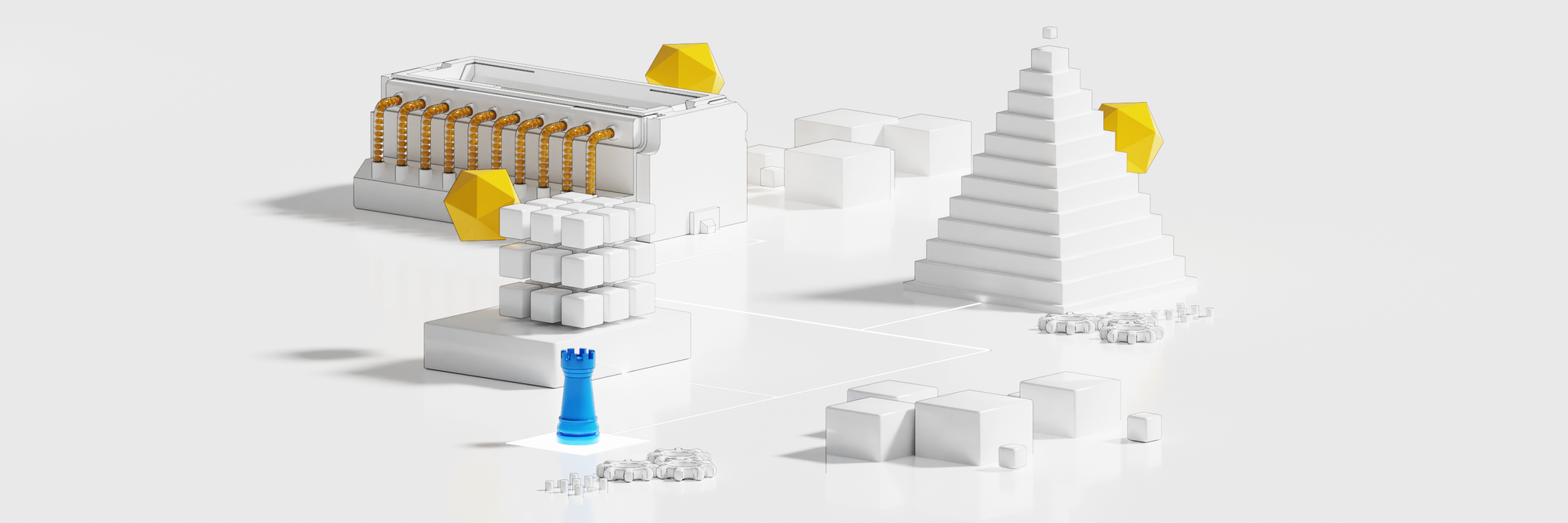
We also leverage the DAO. Rook Labs is in constant dialogue with community members to go over matters ranging from how we use our Treasury to how we form our teams and design our products. Many of our best contributors were (and still are) members of the DAO who had the right background and skills and just wanted to get involved.
“We aren't just about one piece of technology. From our tech to our org to our people and our production practices, we are going places. We’re set up like nobody else. We’re not here to deliver a fully-formed, perfect product that falls out of the sky. That's not who we are. That's not the right approach for this problem. DAOs are about change, evolution, regeneration, continuous improvement. Today is just the starting line. This is the first step.”
– Dean, Marketing Director at Rook
The Future Is Bright
The Rook Protocol shows that Coordination is better than Competition. Even in these early days, we can already see all the signs of something good starting to happen.
We knew it was possible, but it’s one thing to know it’s possible, and another thing to actually do it. The industry isn’t short on great ideas, it’s short on great teams and great people to actually turn the ideas into a real product and a real standard that pushes the industry forward. That’s what we have invested the time to build. That’s what this rebrand is all about. We’ve got the idea, we’ve got the technology, and now we have the people, and the process, that is going to let us deliver.
In the coming months, the Rook Protocol will continue to expand in volume, users, and integrations. We will be adjusting and watching closely, and we are already developing new technology that will make trading and integrating through the Rook Protocol even easier than it is today.
Rook good, Coordination good, bye-bye KeeperDAO.
Want to join Rook?
- Join our Discord: https://discord.gg/rook
- Follow us on Twitter: https://twitter.com/rook
- Visit our Website: https://rook.fi
- Try Rook Trade: https://app.rook.fi
